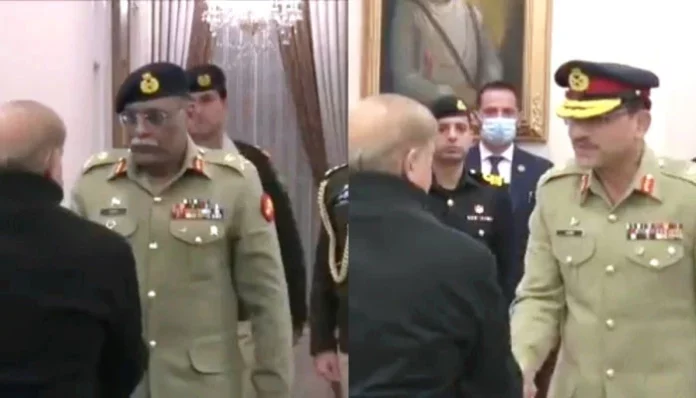In an unprecedented turn of events in Pakistan’s history, supporters of Imran Khan Niazi, the leader of the Pakistan Tehreek-e-Insaf (PTI) party, unleashed a wave of violence across the country. The protests, which took place on May 9, witnessed the storming of the Army headquarters in Rawalpindi and the torching of the Corps Commander’s House in Lahore.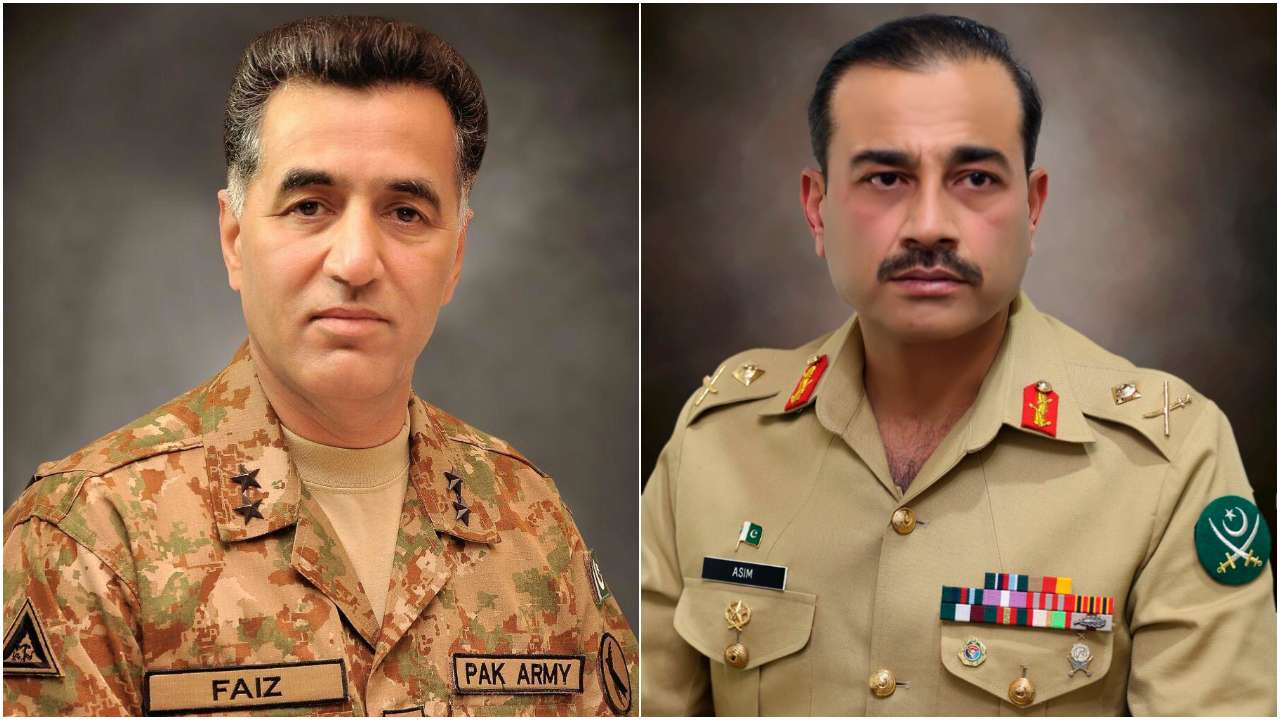
The absence of Pakistan’s Prime Minister, Shehbaz Sharif, and Army Chief, General Asim Munir, during the riots intensified the unruly behavior of the PTI party loyalists. The protestors targeted numerous military, air force, and services installations, including schools.
Media reports have documented the following institutions attacked by the PTI mob:
- Jinnah House, Lahore Corps Commander Residence, Lahore
- General Headquarters (GHQ), Rawalpindi
- Pakistan Air Force Martyrs Memorial, Sargodha
- Inter-Services Intelligence Sector Headquarters in Faisalabad
- Rangers Post, Karachi
- Frontier Corps Base, Chakdara
- Frontier Corps Barracks, Mardan
- Frontier Corps School, Dir
- Pakistan Air Force Base at Mianwali
- Services Hospital, Lahore
Additionally, key targets of vandalism included regional offices of the Election Commission in Peshawar and Lahore, Shehbaz Sharif’s private residence in Lahore, and the Pakistan Muslim League (Nawaz) office in Lahore.
Following a special meeting on May 15, Army Chief Gen Munir and his Corps Commanders made the decision to invoke the Pakistan Army Act and the Official Secret Act to hold the rioters accountable for their actions. However, the events of May 9 raised concerns about the leadership of PM Sharif and Gen Munir, who have repeatedly faced criticism from Niazi. While Gen Munir was reportedly the choice of PM Sharif, outgoing Army Chief Gen Qamar Jawed Bajwa had preferred Gen Sahir Shamshad Mirza as his successor.
The lack of government control and command during the violent protests on May 9 reflected poorly on PM Sharif’s leadership, with even the powerful Lahore Corps Commander apologizing to the PTI supporters who had entered Jinnah House.
The breakdown of law and order on May 9 raises questions about the influence and power wielded by Imran Niazi in Pakistani politics. Despite facing opposition from the influential Sharif and Zardari clans, Niazi secured bail in all cases, including the Al Qadir Trust case. This underscores his significant clout within the country. The seemingly lenient stance of the Pakistani higher courts and the President towards Niazi comes as no surprise.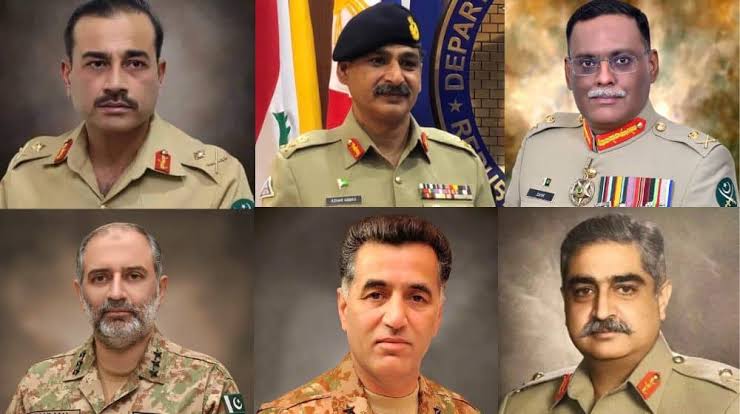
Pakistan in Turmoil: Political Unrest and Economic Struggles Threaten Stability
Amidst the political turmoil, Pakistan’s economy continues to deteriorate, with no relief in sight from the International Monetary Fund (IMF). The common people bear the brunt of soaring inflation and expensive imports due to the weakened Pakistani Rupee against the US Dollar. The country teeters on the edge, and unless Niazi and his supporters are held accountable, Pakistan, already plagued by radicalization, risks further decline. The breach of the fortress-like Pakistani military, the last bastion of the Islamic Republic, underscores the gravity of the situation.
Please note that while the information has been rewritten, it is essential to verify the accuracy and authenticity of the news from reliable sources.
As the aftermath of the violent protests on May 9 continues to reverberate throughout Pakistan, the nation finds itself grappling with a multifaceted crisis that extends beyond the immediate chaos witnessed on that fateful day. The implications of the widespread unrest and the subsequent granting of bail to Imran Niazi in various cases have cast a shadow over the country’s governance, economy, and social fabric.
One of the most concerning aspects of the situation is the apparent erosion of authority and control exhibited by the Pakistani government and the military. The absence of Prime Minister Shehbaz Sharif and Army Chief Gen Asim Munir during the riots served as a glaring testament to the lack of preparedness and the failure to effectively address the escalating tensions. This void in leadership allowed the PTI party loyalists to run rampant, attacking multiple military and security installations with impunity.
The fact that the Lahore Corps Commander, responsible for a vital region within Pakistan, felt compelled to apologize to the PTI supporters who breached Jinnah House underscores the severity of the breakdown in law and order.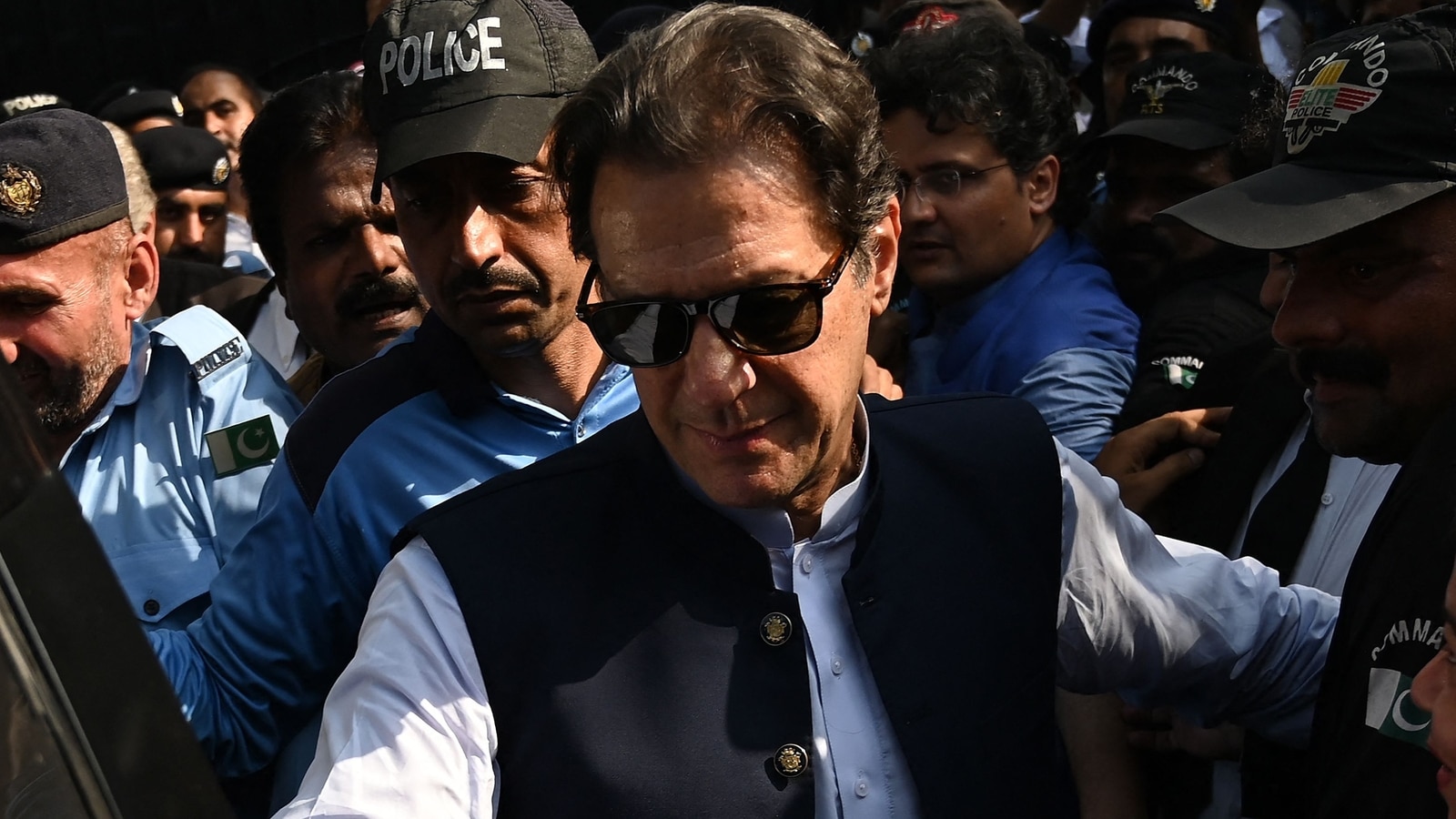
Moreover, the events of May 9 have raised questions regarding the selection and appointment of key leadership positions within the country. The reported divergence of opinion between outgoing Army Chief Gen Qamar Jawed Bajwa and PM Shehbaz Sharif regarding the choice of Gen Munir as the successor is indicative of a wider rift within the power corridors of Pakistan. The repercussions of this disagreement are felt not only in the military’s ability to maintain order but also in the perception of a weakened and divided leadership at a time when unity and resolve are most needed.
The impact of the riots extends beyond the immediate security concerns, permeating into the economic sphere. Pakistan’s already fragile economy, burdened by a looming debt crisis and a depreciating currency, now faces even greater challenges. The lack of confidence among investors and the uncertain political climate have exacerbated the country’s economic woes. The absence of any clear path to an IMF bailout further compounds the financial predicament, leaving the common people to bear the brunt of inflation and escalating costs of essential goods.
In the midst of these difficulties, it becomes crucial to address accountability. The fact that Imran Niazi, despite the charges against him, including those related to the Al Qadir Trust, has managed to secure bail raises concerns about the integrity of the judicial system. The perception of a lenient stance towards Niazi, coupled with his demonstrated influence and clout in Pakistani politics, leaves many questioning the fairness and impartiality of the legal proceedings.
The events of May 9 also shed light on the vulnerabilities within Pakistani society. The brazen acts of violence, including the targeting of military heroes’ statues, highlight the radicalization that has taken hold in certain segments of the population. This radicalization, combined with the prevailing atmosphere of political unrest and economic hardship, poses a significant threat to social cohesion and stability within the Islamic Republic.
As Pakistan stands at a critical juncture, the need for strong leadership, effective governance, and concerted efforts to restore law and order has never been more evident. The challenge lies in overcoming the existing divisions and addressing the root causes of discontent. Only through a comprehensive approach that encompasses political dialogue, economic reforms, and social initiatives can Pakistan hope to navigate these troubled waters and restore faith in its institutions.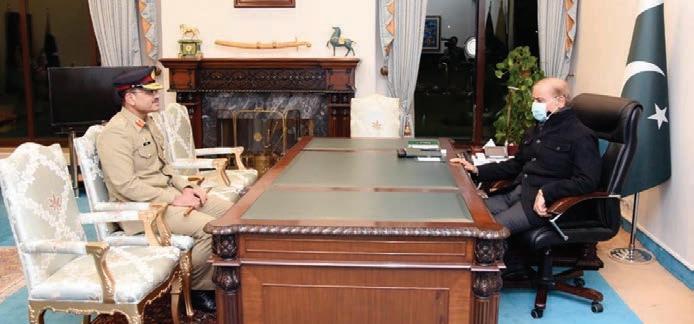
It is essential for the government, military, and judiciary to work together to rebuild trust, ensure accountability, and prioritize the welfare of the people. The road to recovery will undoubtedly be arduous, but with the collective will to address the underlying issues, Pakistan has the potential to emerge stronger and more resilient from this crisis. The stakes are high, and the choices made in the coming days and weeks will shape the future trajectory of the nation.

